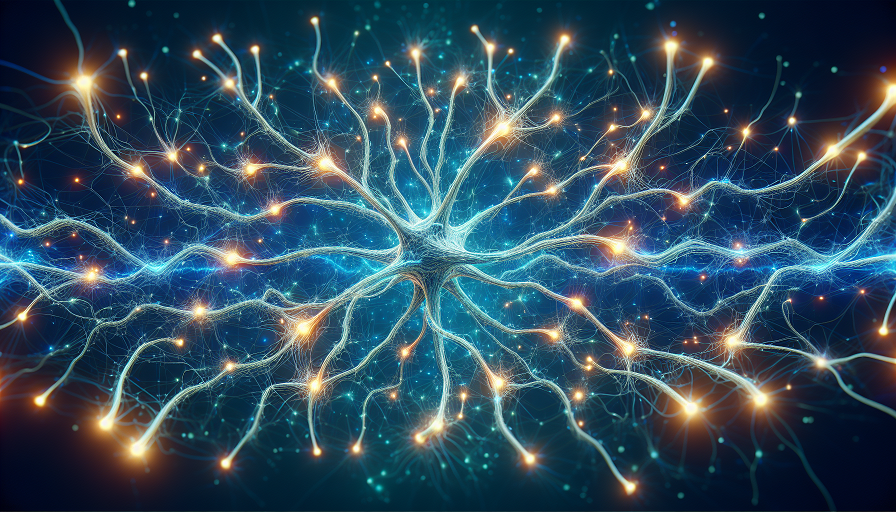
Yes – meaningfully. Frequent, genuine laughter lowers stress hormones, raises mood-lifting neurochemicals, and improves social bonding, all of which support clearer thinking and resilience. While laughter is not a cure-all, it is a practical lever for better attention, pain tolerance, and overall mental well-being.
Contents
Why Laughter Helps The Brain
Laughter is a whole-body response that shifts your physiology away from threat and toward safety. This state change reduces the cognitive tax of stress and frees up resources for memory, problem-solving, and self-control.
Stress Hormone Downshift
Genuine laughter (not forced) tends to lower cortisol and epinephrine, easing tension in muscles and quieting the alarm systems that fragment attention.
Dopamine And Endorphins
Shared humor releases dopamine and endorphins, which boost motivation and pain tolerance. Dopamine also supports learning by marking experiences as rewarding and easier to remember.
Social Safety Signals
Laughing with others signals trust and safety, strengthening bonds that protect against loneliness – an underappreciated risk factor for cognitive decline. Feeling connected reduces rumination and supports flexible thinking.
Cognitive Effects You May Notice
Benefits show up in small, practical ways during daily life.
- Sharper Attention: After a good laugh, many people experience less mind-wandering and fewer intrusive worries.
- Better Problem-Solving: Elevated mood broadens attention, making it easier to see alternative approaches.
- Improved Memory Hooks: Humorous or emotionally positive material is often easier to recall.
How To Add More Genuine Laughter
Engineered fun often falls flat; aim for small, reliable cues instead of marathon comedy binges.
- Micro-Comedy Breaks: Save a short playlist of clips that reliably make you laugh and watch one between work blocks.
- Laugh With People, Not Just At Screens: Share a funny observation on a call, or trade light stories with a colleague – social laughter packs more benefit.
- Playful Movement: Games, light sports, or dancing invite spontaneous laughter while boosting blood flow.
- Humor Journaling: Each evening, note one amusing moment from the day. This trains attention toward levity without forcing jokes.
- Boundaries Matter: Avoid mean-spirited humor; relief should not come at someone else’s expense, which can increase stress and conflict.
When Laughter Helps Most
Use it strategically around stress and deep work.
- Pre-Task Primer: A 60–90 second funny clip before a demanding task can lift mood without derailing focus.
- Mid-Block Reset: Quick shared humor during breaks reduces fatigue and restores patience on teams.
- Post-Stress Cool-Down: Laughing after a tense call helps your body release residual arousal so you can transition cleanly.
Common Mistakes To Avoid
Even good things can backfire if misused.
- Endless Scrolling For Laughs: Overlong breaks and algorithm rabbit holes create more fatigue. Keep clips short and deliberate.
- Forced Laughter: Faking it can feel inauthentic; instead, curate sources that reliably spark real amusement.
- Using Humor To Avoid Problems: A quick laugh should precede action, not replace it. Follow with a plan.
Special Considerations
People with chronic pain or high stress may find laughter particularly helpful for coping and adherence to healthy routines. If you struggle with social anxiety, start with light, shared humor in small groups or one-on-one settings. Be mindful of cultural and personal differences in what is considered funny.
Regular, authentic laughter supports brain health by reducing stress and improving mood, attention, and social connection. Add brief, intentional moments of humor to your day and share them with others – the brain benefits stack over time.

